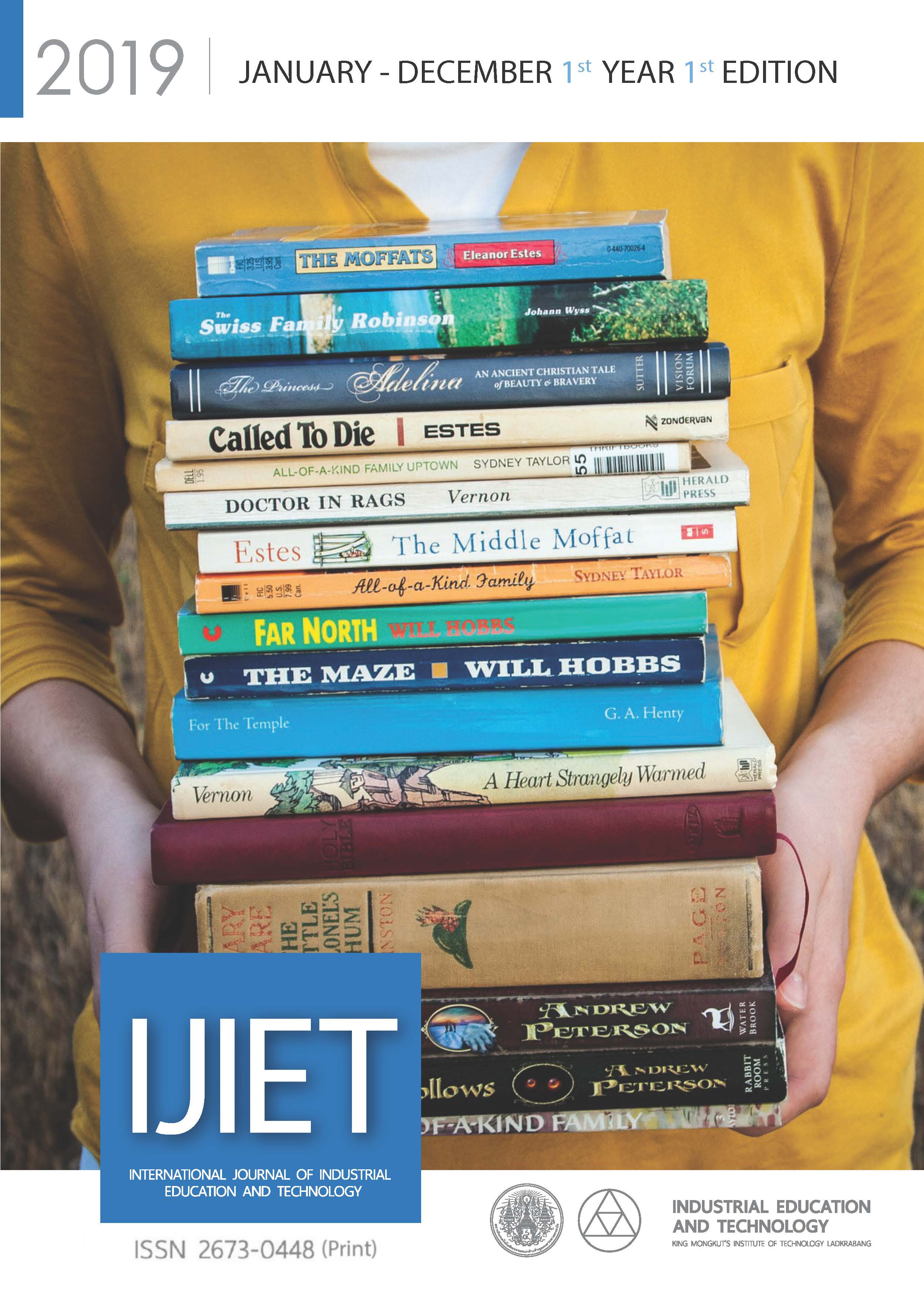An Evaluation of The Desired Characteristics of Students Under The Project of Moral Development in Private School
Keywords:
Evaluation, Characteristics, Moral Development, Private SchoolAbstract
This research was to evaluate activities conducted according to the Project of Moral Development (PMD) in private schools in Thailand through self–evaluation by those involved of 3 groups: 1) school administrators 2) teachers attending the trainings and 3) students in those private schools. The quantitative data were gathered from those 729 private schools through 45,000 questionnaires of which 21,380 were returned from 359 private schools and then analyzed. Meanwhile, the qualitative data were collected by the authors through the schools visits, informal talks with those involved, and observations. The results showed that 1) most of the administrators and teachers were satisfied with the PMD, able to carry out activities according to it and wanted to proceed according to it again next year; that 2) the administrators were very satisfied with the physical changes in their schools, the changes of their students’ behaviors, the psychological atmosphere among the teachers and students; moreover, they thought that their schools seemed much better in perception of surrounding communities; that 3) the teachers were somehow satisfied with the changes of students interested in pursuing knowledge, doing good, and pursuing health care; that 4) the students perceived that they had more skills in the Thai language, took more care of their own health and behaved more morally; that 5) they also realized that they were likely to morally and reasonably think and make decisions in their daily lives; and that 6) the following suggestions were given : a) The duration of only 3-4 months for organizing the PMD activities was very short so it should be extended at least 1 year before the assessment. b) The PMD’s trainings should be provided especially for those school administrators because they play an important role in the development of the moral development system to be successful. c) The private schools should organize regular activities according to the PMD throughout the year for continuous moral development. d) The Office of the Private School Commission (OPEC) should organize a forum for the private schools to exchange experiences in organizing the PMD activities. In addition, e) the OPEC should have a clear policy on the moral development activities to create morale and encouragement for the private schools.
References
Secretariat Office of the Educational Council, Ministry of Education. 2009. Educational Reform Proposal in the Second Decade (2009-2018). Bangkok: Phrig Waan Graphic Printing Co. Ltd.
Photisuvan, C. 2000. Non-formal education: foundation for project planning. Bangkok: Kasetsart University Press.
Tyler, R.W. 1969. Educational evaluation: new roles and means. Chicago: University of Chicago Press.
Davis, James. W, Jr. 1974. An introduction to public administration. New York: The Free Press Co.
Sanga-songkroh, K; Wattana, J; and Pupatana, S. 2011. An activity model based on the Buddhist three-fold training for instilling work discipline among production technician students. Journal of Industrial Education. Vol 10. No 2, 282-289.
Ongla-or, T. 2008. A Project Evaluation of “Rongrian Withee Phut Phong Phud Petch Pathum
[The School Following the Buddhist Way in PathumVillage]” at Baan Pathum (Thavorn Raat Seuksa) School under the Office of Phrae Educational Service Area 1. Retrieved 14 Jul, 2008, from http://surasitkalasin2. com/index.
Deemangkorn, T. 2006. An Assessment of Moral and Ethical Development Programs and Desirable Values of Students at Ban Nong Krathum School (Chan Prachanukroh) under the Office of Ratchaburi Educational Service Area 2. Retrieved 17 Jul, 2008, from http://rbr2.net/book/ta.do.



